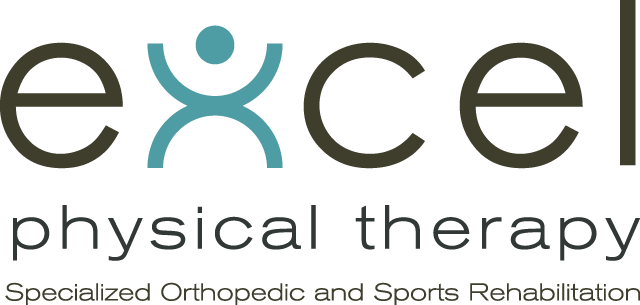Just in case you missed our most recent library presentation on pregnancy & exercise, here’s a recap with some helpful tips for exercising while pregnant!
Pregnancy is an incredible time in a family’s life with LOTS of changes for everyone involved and LOTS of questions about the unknown. As an expectant mother myself, I realized that not a lot of guidance exists regarding exercise during pregnancy. With a little research, here’s what I found:
Exercise during pregnancy can be beneficial for both mother and baby, however you must check in with your prenatal care provided prior to beginning an exercise program and also regularly throughout your pregnancy to ensure the health of you and your baby. Benefits of exercise during pregnancy can include reduced risk of premature labor, reduced swelling, reduced risk of gestational diabetes & preeclampsia, decreased low back pain, and increased regularity of the digestive system.
The American College of Obstetrics and Gynecology recommends 30 minutes of daily exercise of moderate intensity for healthy pregnant women. Examples of moderate intensity are walking 3-4 miles per hour (15-20 minute miles), light swimming or cycling, and light resistance exercise. Can you maintain a conversation while exercising? If so, you are likely exercising at a moderate intensity.
Water walking or aerobic water exercise is a good option as water exercise can decrease force across joints as well as prevent an harmful rise in core temperature. Resistance and core exercises are appropriate during pregnancy provided that resistance is kept low (preferably body weight only) with high repetitions, and no sit-ups! Yoga is a great alternative to traditional core exercises although some positions may have to be modified to accommodate your growing belly and you should avoid inverted positions after 32 weeks gestation. Don’t forget the Kegels! It’s important to maintain your pelvic floor strength with kegel exercises during pregnancy to help prevent incontinence and to support the pelvic floor as it becomes stressed with the weight of the growing baby.
Some general advice for exercising during pregnancy:
- Warming up and cooling down may be even more important during pregnancy than before to redistribute blood flow to working muscles in preparation for exercise.
- Due to weight gain, changes in center of mass and balance, and hormonal fluctuations, exercise during pregnancy may feel different from exercise prior to pregnancy.
- Listen to your body and stop if you feel discomfort! It’s important to stop exercise immediately if you experience the following signs and symptoms and contact your care provided should symptoms persist: dizziness, headache, chest pain, calf pain or swelling, bleeding, pre-term labor, amniotic fluid leakage. The farther along you are you are in your pregnancy, the more you may have to decrease the intensity and/or duration of exercise depending on your energy levels.
- Pay attention to hydration, heat stress, fatigue, & exercise intensity as these may change from one week to the next.
Without a doubt, exercise during pregnancy has substantial benefits to mother & baby provided it is practiced safely. Please do not hesitate to contact your prenatal care provider should you have questions regarding exercise & your pregnancy!
Benefits of exercise during pregnancy can include reduced risk of premature labor, reduced swelling, reduced risk of gestational diabetes & preeclampsia, decreased low back pain, and increased regularity of the digestive system.
If you have any specific questions, contact Megan Peach of Excel Physical Therapy at 406.556.0562 in our Bozeman office.
